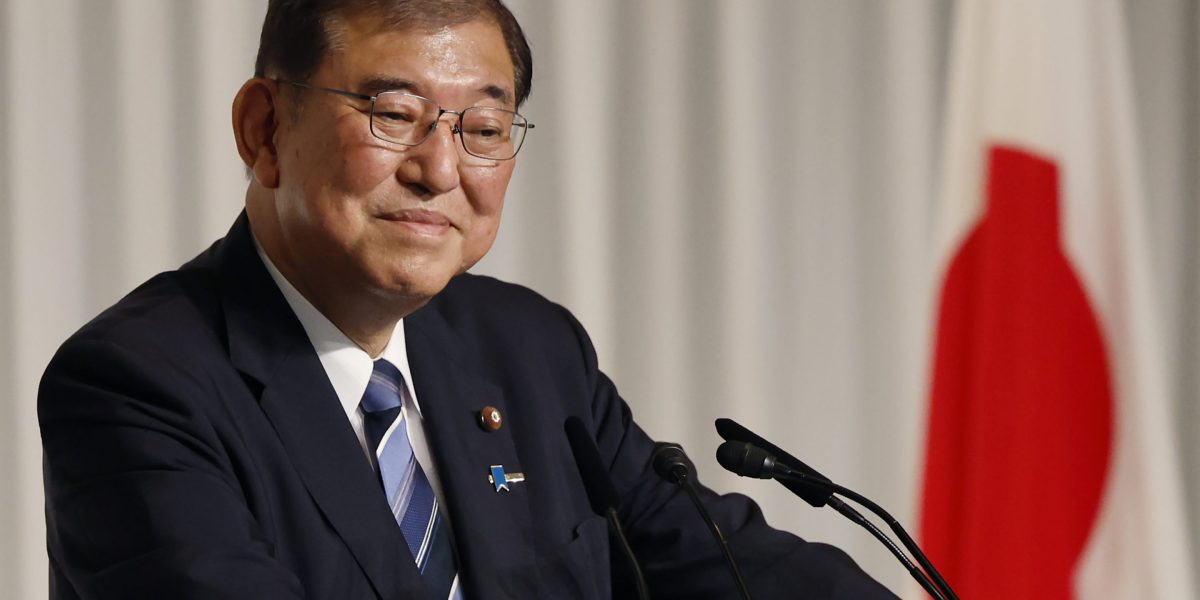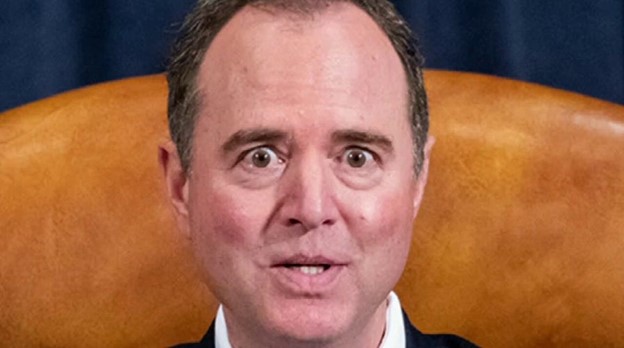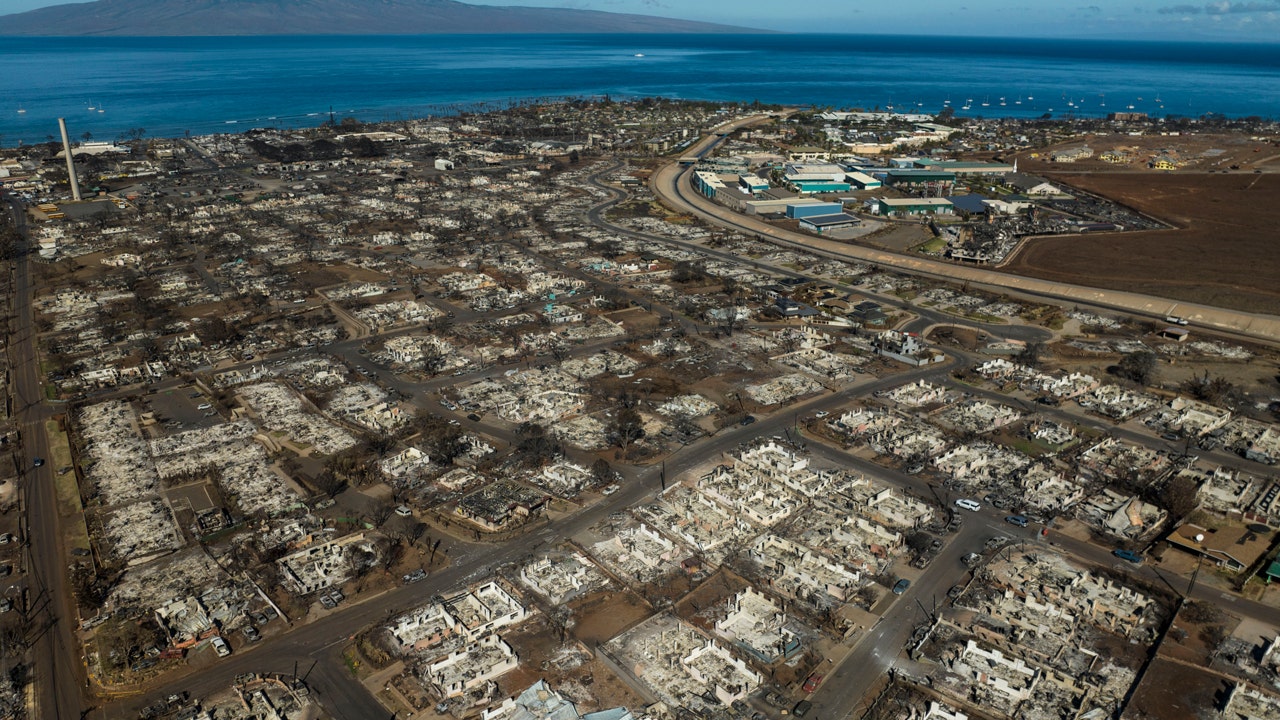

Japan’s Prime Minister Shigeru Ishiba will propose a new happiness index during his first parliamentary policy speech on Friday, local media have reported.
The index, formulated by the public and private sectors, is expected to be proposed alongside Ishiba’s plans for the economy and tackling the country’s shrinking population.
Ishiba, 67, became prime minister on Tuesday after winning a tightly contested ruling party leadership vote last week.
He has said he intends to call a snap election for October 27 to shore up his mandate for policies, such as increased support for regional governments and low-income households.
It is unclear how his speech will address foreign policy matters, but public broadcaster NHK and other outlets reported on Thursday that Ishiba will likely renew vows to fight inflation and announce a plan for a new monetary stimulus package.
The yen surged last Friday after the Liberal Democratic Party (LDP) voted Ishiba leader, because he had broadly backed the Bank of Japan’s exit from its ultra-loose policies.
But Ishiba told reporters late Wednesday that he did not think the environment was right for further interest rate hikes, sending the Japanese currency south again.
The premier will also announce plans to increase Japan’s average minimum wage to 1,500 yen ($10.22) by 2030, from the current 1,055 yen, local media reported.
These attempts to shore up per-capita GDP in the world’s number-four economy are part of his vision to raise the public’s level of happiness, they said.
He is also expected to call the rapidly ageing population a “silent crisis” that “affects the core of our nation”, according to NHK.
Ishiba will reportedly discuss plans to launch a new disaster management ministry in the earthquake and flood-prone country, as well as stressing the importance of nuclear energy.
Nuclear power is a divisive topic in Japan, supported by the business lobby but with the public still wary after the 2011 tsunami-triggered catastrophe in Fukushima.
Takahide Kiuchi, executive economist at Nomura Research Institute and a former Bank of Japan board member, said Ishiba’s speech would “likely to be made with a strong awareness of the upcoming general election”.
“It appears that the Ishiba government is prioritising winning the election and consolidating its base of power,” he said.














